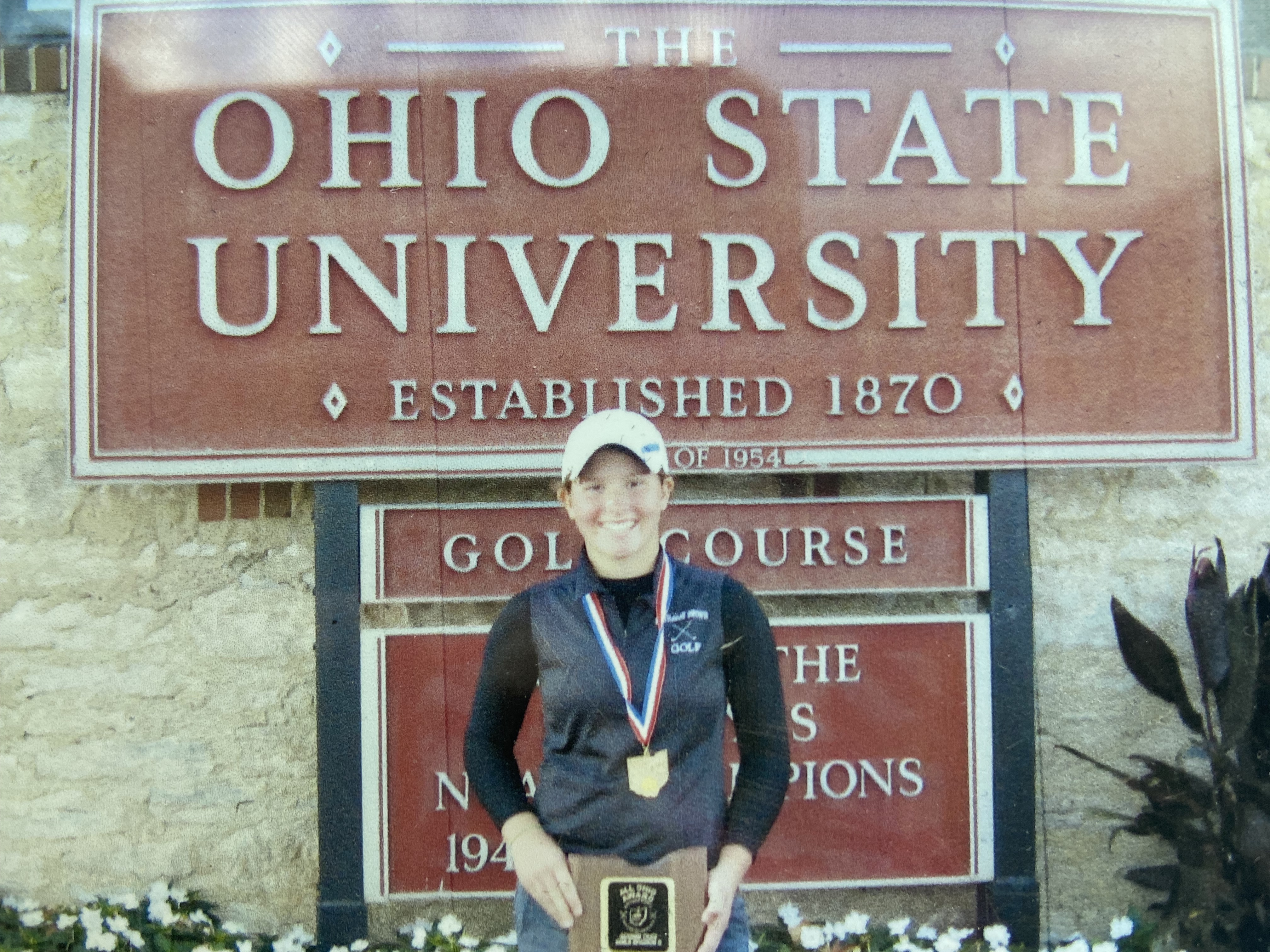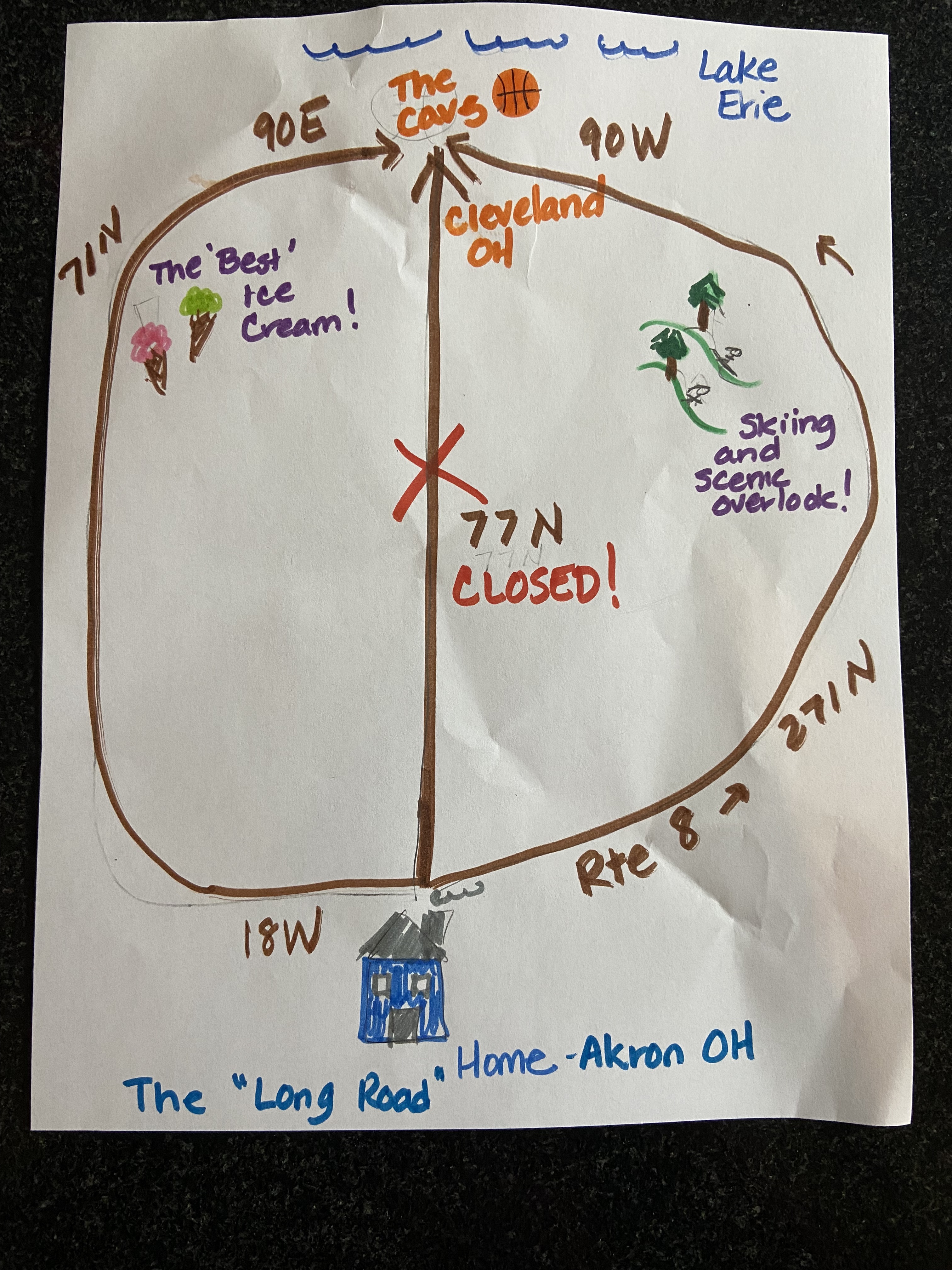I would like to share the story of Ashley, now a young woman who I’ve known for about twenty years. She has had a ‘long road’ marked by academic challenges and personal successes. Ashley, a student with severe dyslexia, was able to experience educational, vocational, and social-emotional success because she had the following important supports:
- intensive appropriate instruction and remediation using a Structured Literacy Code Based Approach to develop reading, spelling, and written language skills
- engaging in read alouds and discussions (live or recorded) to foster vocabulary and comprehension growth
- caring teachers implementing appropriate student accommodations
These supports allowed Ashely to develop a ‘can do’ personality through the:
- development of a ‘growth mindset’ with parental and teacher/tutor supports in place
- development of resilience, with a good dose of top notch organizational skills
Ashley is an example of a student who was and still is fortunate enough to have had an overall positive educational experience, as well that ‘can do’ personality, which have allowed her to achieve her important personal goals. Ashley is currently pursuing a graduate degree in order to become a Physician Assistant. Bravo!!

I interviewed Ashley this summer just before she began her graduate studies. How do I know Ashley? She was my tutorial student, first in a small group in grades 1 and 2, and then she continued in a 1:1 setting as she made her way through her Structured Literacy Approach. Notably, at that time, most schools taught reading using a more meaning based approach involving using picture and context clues rather than a phonics based approach. Now she is my friend; we have spent countless hours together at this point.
Here is our conversation:
LJ: Let’s start at the beginning. Do you remember when you learned to read?
A: I was diagnosed with dyslexia in first grade after repeating kindergarten. The teachers and principal at my private school weren’t sure what my issue was because I still could not learn my letters and spelling. I also went to a school based speech therapist at that time.
LJ: What memories most stick in your mind about elementary school?
“I had to take the back roads instead of the highways in order to learn to read.”
-Ashley
A: It was in 2nd grade–all the other kids moved on to reading chapter books, but I was not. It was hard for me to see other kids moving up in their reading groups while I was not. I had to take the back roads instead of the highways in order to learn to read. I always remembered that and wrote about the ‘back roads’ in my personal statement for grad school, in fact.
My second grade teacher told my parents at conference time: “She’s barely making it by.” I think this teacher (or the school) was trying to get my parents to transfer me to a school strictly for students with all kinds of learning issues. This same teacher told my parents it didn’t matter if I didn’t know how to spell because I would have computers for the rest of my life! I now know that was a ridiculous comment because one needs to know how to spell well enough to USE a spell check feature on a device.
Kids made fun of me, but just a little bit…they would ask why I was having trouble reading. I hated having to read anything out loud…I still hate reading out loud in a public setting, even now. Kids would make fun of me for not pronouncing words ‘right’ or they would say, “You can’t spell ____?”
I typically ‘let it go’ and suffered in silence. Sometimes I would try to explain what dyslexia is, but most often I did not, and tried to move on.
Actually, the same experience happened the other day—I looked up a word and a younger cousin said, “You can’t spell that word?” And I said, “I just wanted to make sure I spelled that word right.”

LJ: Ashely and I then reminisced about this drawing. As you can likely tell, I live in Ohio from my reference to The Cavs. I explained and placed this picture (not drawn to scale at all!) on the very first page of all my students’ notebooks to explain the approach we would use to learn how to read and spell. The vast majority of my students had dyslexia, which required not only ‘the back roads’ rather than the ‘quick highway’, but also a good deal of repetition. This picture permanently remained in their notebooks. Ashley would occasionally reference it, and she has obviously never forgotten about it.
I compared learning to read and spell (the goal) to wishing to attend a basketball or other sports event, concert or play, which was located about 30 miles directly north if one traveled directly on highway 77. Well..I explained that on the very day of our game, concert, or play, 77N was closed due to an unfortunate accident! What to do?
We had to find alternate routes.The routes took longer, but it would be worth it since we would attend the desired ‘event’ (or reach the desired goal of learning to ‘read and spell’) in the end.
There would be a benefit to taking the longer road, though….if we headed east, there would be a scenic overlook, as well as some ski slopes. If we chose to head west, the very best ice cream would be available! Those who just took the highway would never even notice these benefits. By taking the back roads, I told my students, you will learn more about words and how they work than many other students. The extra time would be worth it!
Now, back to the conversation with Ashley:
LJ: I used to say that to you and other students I also tutored–I wanted to make sure I gave you the correct connotation and nuance to the vocabulary words I taught you. Talk about the Collins CoBuild Dictionary. How did that work for you and how is it different from a typical dictionary?
A: I love using that dictionary! So many words were at my fingertips—it helps with how the words were used–whether the word is a verb, noun, or adjective. The Collins CoBuild provides sentences showing how the word is used. The definitions are written in prose rather than a typical dictionary definition, which often confuses me.
LJ: As the academic demands and volume of work increased as you approached middle school, I recall you feeling some tumultuous emotions…care to share?
A: I became more anxious–I felt that I was not succeeding–I didn’t feel stupid, but it hurt that I couldn’t move as fast as other students. I wanted to succeed, but it wasn’t always happening. It was especially hard in a testing environment–it was hard to get through any test…
LJ: I think it was more frustration than anxiety. The anxiety appeared secondary to your dyslexia, in my opinion. Sometimes, you would come into my office and just have a meltdown…On the bright side, your 4th grade teacher, Mrs. W., was intentional in building you up and boosting your self-esteem. Over the years, many students in her class also had me as their tutor. Mrs. W. routinely made a point of asking all of the students I tutored about ‘schwa’ (ə) when she taught it because she knew that only the students who were engaged in a Structured Literacy approach would know what it was. Interestingly, when Mrs. W. retired from classroom teaching, she trained with me to become certified in a Structured Literacy method and became a tutor herself.
A: Yeah, I remember that. I helped Mrs. W. teach about schwa and I helped the other kids practice. I loved that.
LJ: In the early 2000s, learning about ‘schwa’ was not typically part of reading instruction. And guess what? ‘Schwa’ (ə) is actually the most frequently occurring vowel sound in English! You had many teachers who worked with you, some of whom didn’t ‘get it’, which increased your frustration.
A: Some teachers made it harder on me when I sometimes had to leave class to have lessons with you. And you were the one helping me to do well in class! The scheduling difficulty increased my anxiety level because I knew I needed my lessons with you.
LJ: Was it easier when you had your lessons after school?
A: Yes, because I didn’t have to juggle as many competing things…I felt like we had more time…even though we had the same amount of time together. Isn’t that strange??
LJ: At this point, I now had two roles. One as your Structured Literacy teacher, and one as providing school support, to help you with your school assignments. The older you got, the more school support you needed. I did the school support in a way that was in concert with the way I was teaching you literacy.
LJ: Did your parents help you with your schoolwork?
“I learned to be my own advocate.”
-Ashley
A: My mom was my biggest advocate, but I learned to be my own advocate. She helped me with my homework, projects, or studying for tests. The projects in elementary and middle school sure took a lot of time.
LJ: What do you feel are some of the secondary effects of having dyslexia? I know you are aware dyslexia affects a person throughout life.
A: In some ways, I think it made me a little less social. I was afraid of ‘messing up’. I didn’t want to say something/read something ‘wrong’, especially in the classroom setting. I was afraid of people making fun of me, so I just shut down a little more than others.
LJ: I just tested a young man recently who told me that he “just squiggled something” when he wrote by hand when he didn’t know how to spell a word. That was one of his coping mechanisms. Did you develop any coping mechanisms?
A: I would try to practice what I was going to read ahead of time over and over again. Instead of listening to what the others read before my ‘turn’, I would look ahead and try to estimate where I would be reading and practicing it in my head several times attempting to be sure I could read the words aloud with the correct pronunciation because I was nervous about reading aloud.
LJ: So you missed the gist of what you were supposed to be listening to and silently reading as others read aloud??
A: Yeah! And after my turn, I zoned out a little bit because I was so anxious about my turn, so I missed a lot of stuff…
My conversation with Ashley will be continued in my next next blog as she talks about her future and continues to reflect upon her past. Even though Ashley claims to have “missed a lot of stuff”, she ultimately persevered and made up a lot of what she ‘missed’! She is such an inspiration for students with and without a formal diagnosis of dyslexia, as well as their families. Stay tuned for more next time. I am so very proud to share Ashley’s story with all of you in honor of #dyslexiaawarenessmonth.